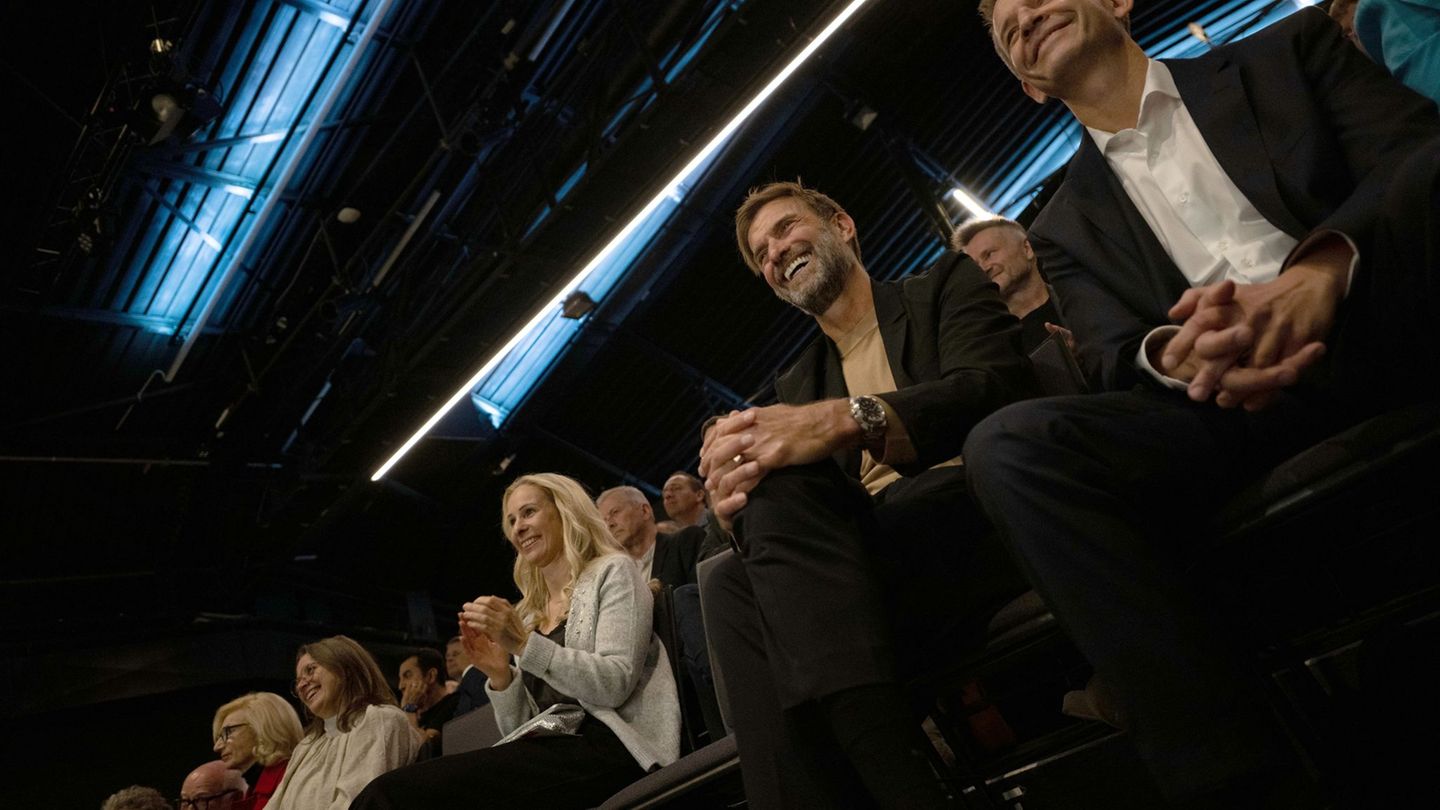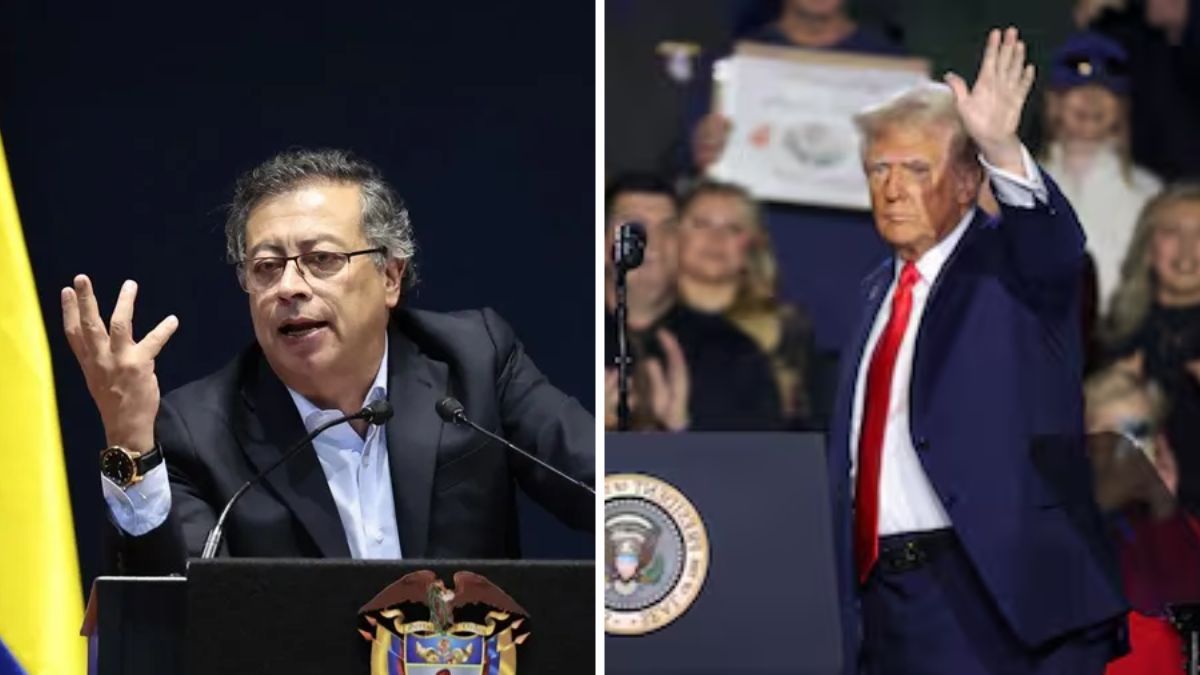Germany’s economy is lagging behind internationally. Construction is doing far less than necessary. Finance Minister Lindner wants to change course – and save money, contrary to demands from his coalition partners.
Federal Finance Minister Christian Lindner (FDP) has urgently called for compliance with the debt brake, for tightening of the citizens’ income and for the abolition of the solidarity tax. “Doing everything to strengthen growth and refraining from anything that costs further growth” is the order of the day, said Lindner at the Real Estate Industry Day in Berlin.
Investments in public infrastructure are at record levels and will remain there. But what is needed now is a setting of priorities, said Lindner. Citizens are longing for clear statements “because they feel that everything that is distributed has to be financed by them themselves.” A focus on stability remains “the first priority in financial policy.”
According to the FDP leader, however, it would be foolish to work against the central bank with borrowed money. For example, the US Federal Reserve was unable to reverse interest rates because inflation rose as a result of high government infrastructure investments. Lindner: “The debt brake is not a fetish, the debt brake is also an inflation brake.”
Lindner did not explicitly refer to the delicate negotiations in the traffic light coalition over the 2025 federal budget. But his stance plays a major role. The SPD and the Greens are pushing for more investment and new scope for the debt brake. Lindner justified his demands at the Real Estate Day with the need for more profitability of construction projects through reasonable interest rates – many projects would have had to be interrupted.
“Citizens’ allowance must not be a basic income”
Lindner emphatically reiterated his call for structural reforms to strengthen Germany’s competitiveness. Citizens’ income must be understood again as what it is as basic security, not as a “derivative of the unconditional basic income”. People should not remain there indefinitely and do illegal work at the same time. Lindner also spoke out in favor of reducing bureaucracy, for example in the supply chain law, and hinted at calls for the combustion engine to continue running. There can only be an exit from technologies after a safe transition to new ones – “this applies to energy supplies, electricity as well as cars.”
“Waive solidarity surcharge”
A tax stimulus is also needed to get the economy moving. The “cold progression” should be completely eliminated in the next two years. Lindner also advocated a corporate tax reform with relief for the economy. He also reiterated his proposal to do away with the solidarity surcharge. The solidarity surcharge is currently paid primarily by those who want to bear economic risks.
According to Lindner, simplification of standards and procedures is just as important for the construction industry. For example, the building type e (as in “simple”) should make it easier to deviate from norms. A current draft for a streamlined building code cannot yet be put through the parliamentary process because there are still differences. Lindner defended the extension of the states’ ability to impose rent controls as responsible. “But we should be careful not to tighten social tenancy law any further than that.”
Source: Stern
I have been working in the news industry for over 6 years, first as a reporter and now as an editor. I have covered politics extensively, and my work has appeared in major newspapers and online news outlets around the world. In addition to my writing, I also contribute regularly to 24 Hours World.




